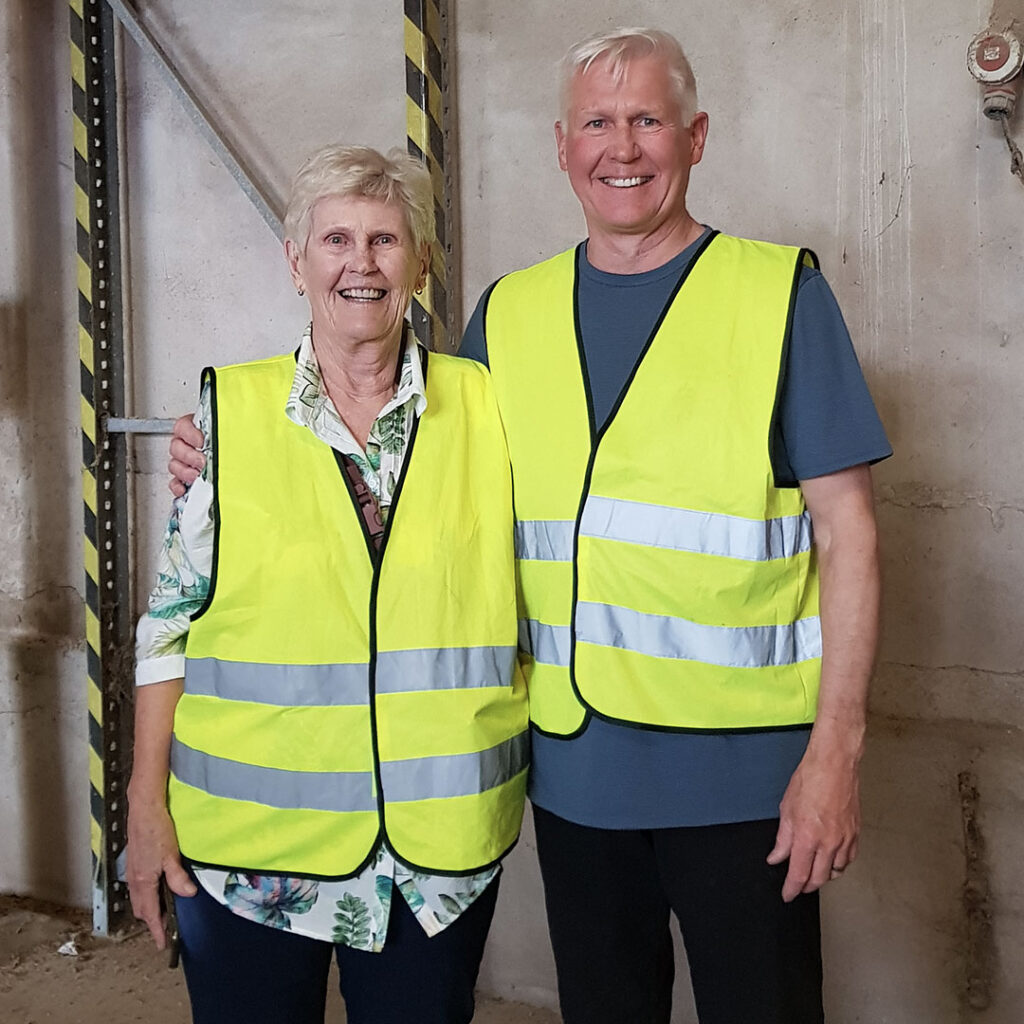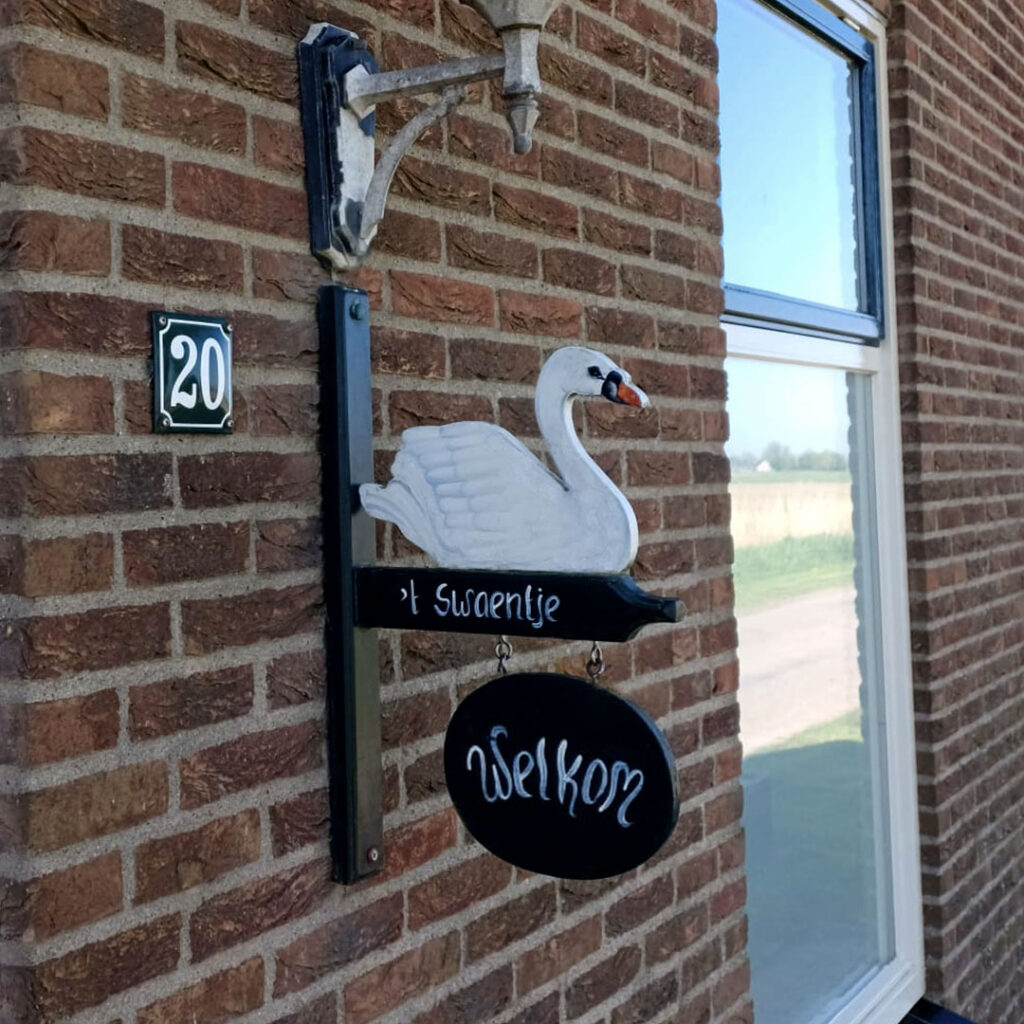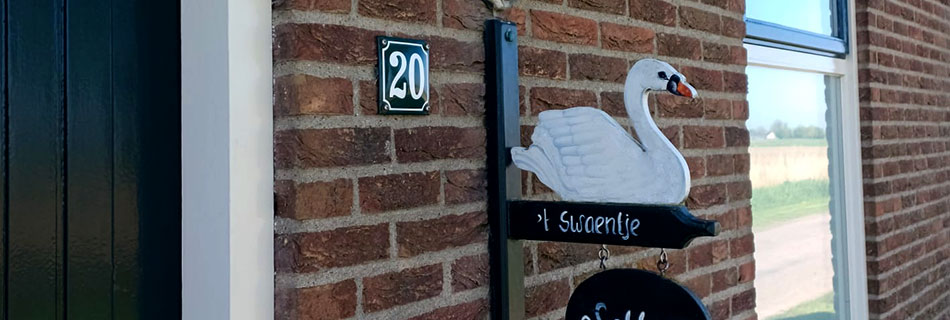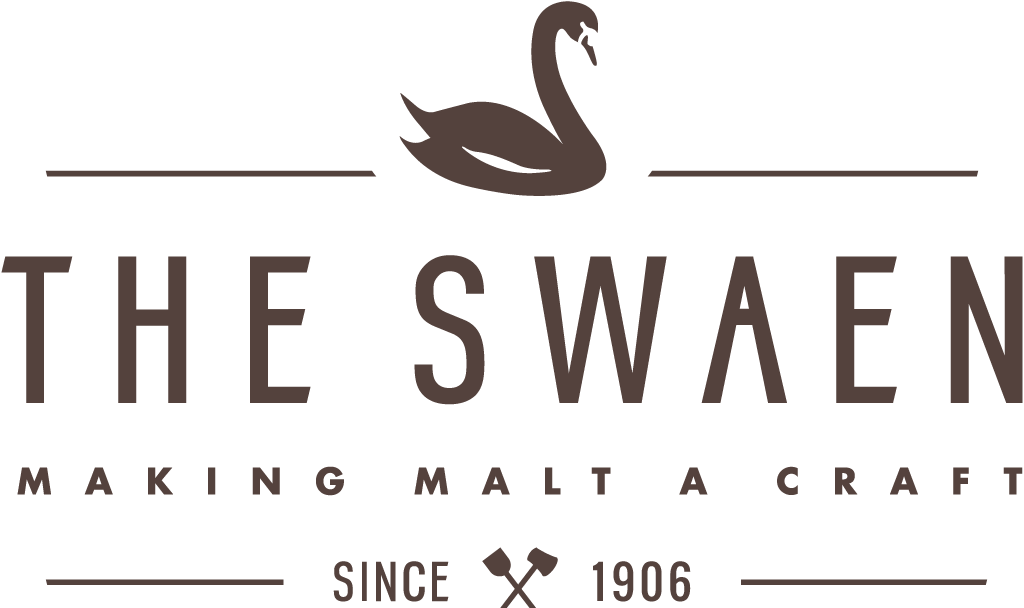Ko Leenknegt, now more than a name. Some moments find you – you don’t always go looking for them. Just a few weeks ago, 85-year-old Jean from Canada and her son Jay visited The Swaen, accompanied by their Dutch relatives Manfred and Jolanda. Driven by deep longing for connection, they arrived in search of family roots, eager to uncover a piece of their history.

Uncovering hidden history of Ko Leenknegt
They were tracing the life of her grandfather, Ko (Jacobus) Leenknegt. As the memories unfolded, we listened with growing fascination. At first, it felt like a personal family tale – but soon, it became clear that this was our history too.
To our astonishment, we learned that Ko had been the very first master brewer to work on our site, all the way back in 1906. Until that moment, we had no idea. Yet somehow, this hidden chapter of The Swaen had been quietly waiting to be rediscovered.
Their story struck a chord with us, especially when we learned that eventually Ko’s son René also worked in the brewery. So of course, we invited them in for a full behind-the-scenes tour. We walked them through the steeping tanks, kilning boxes, and our drum roaster. But more than that, we shared memories – both theirs and ours.
From ‘t Zwaantje to Hamsa
Then came another gem: Ko’s wife Rosalie Mannaert once ran a cosy café out of their home, just around the corner. It was called ‘t Zwaantje (The Little Swan). Locals would stop by after work or on weekends to enjoy classic beers like Gerste, Triple, and Deutsch Trappisten Bräu.
Inside, the atmosphere was always warm and lively. The sound of laughter, friendly chatter, and the clinking of glasses filled the air. ’t Zwaantje wasn’t just a place to grab a drink – it was a hub of community life. Here, stories were shared and friendships were built.

After the Second World War, brewery De Zwaan closed its doors for good. The copper kettles had been taken during the war, and brewing the increasingly popular Pilsner beers required expensive new equipment. Rather than rebuild the brewery, the company shifted focus and moved forward as a dedicated malthouse. Meanwhile, the Leenknegt family turned their café back into a home and continued living there for many years, staying closely connected to the place where it all began.

Where past and present meet
Today, that same house is home to a yoga studio called Hamsa. The beer taps are gone, but the spirit remains. A small sign still honours ‘t Zwaantje. And the name Hamsa? It means “a migratory bird” (such as the swan) in Sanskrit. How perfect is that?
This visit reminded us why we do what we do. The Swaen isn’t just a malthouse – it’s a place where stories return, where history breathes, and where swans, no matter how far they fly, always find their way home.


